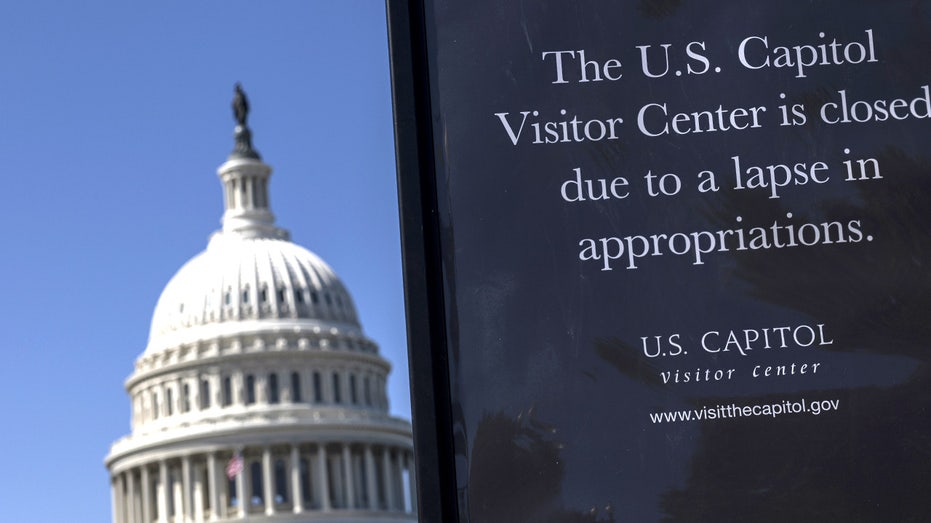A legal battle over abortion access reached a critical juncture in New York, where a judge dismissed a Texas lawsuit targeting a doctor providing abortion pills via telemedicine. Texas Attorney General Ken Paxton sought to enforce a $113,000 judgment against Dr. Margaret Daley Carpenter, but his efforts were decisively blocked.
The case centered on a Texas law empowering private citizens to sue those who facilitate abortions, even across state lines. Paxton argued the U.S. Constitution’s Full Faith and Credit Clause demanded New York recognize the Texas judgment, potentially escalating the conflict to the Supreme Court.
However, Ulster County Supreme Court Justice David M. Gandin avoided a constitutional showdown, focusing instead on New York’s “shield law.” This law is specifically designed to protect abortion providers from out-of-state legal actions, and the judge determined Carpenter’s actions fell squarely within its protections.

Gandin explicitly stated Carpenter was engaged in a “legally protected health activity,” the very type of conduct the shield law was created to defend. The ruling marks the first time a New York court has applied this law to an interstate legal challenge.
New York Attorney General Letitia James forcefully intervened, asserting Texas had no jurisdiction within New York’s borders. She declared Texas lacked the power to impose its abortion restrictions on individuals within the state.
Ulster County Clerk Taylor Bruck, who twice refused to file the Texas judgment, hailed the decision as “refreshing.” Bruck credited New York’s legislature for proactively passing the shield law, which functioned precisely as intended in this initial test case.
This legal clash represents a significant escalation in the ongoing interstate conflict over abortion rights. Following the overturning of Roe v. Wade, states have increasingly taken opposing stances, with some actively shielding providers and others aggressively pursuing legal action.
New York has become a haven for abortion access, not only protecting its own providers but also allowing doctors to anonymously prescribe medication to patients in states where abortion is restricted. This latest ruling reinforces that commitment.
Texas has a 30-day window to appeal the decision, though no immediate plans for an appeal have been announced. The outcome of this case could have far-reaching implications for the future of telehealth abortion services and the limits of state jurisdiction.
The core of the dispute lies in the fundamental question of states’ rights versus the constitutional rights of individuals seeking medical care. This case underscores the deepening divide and the complex legal landscape surrounding abortion access in the United States.





